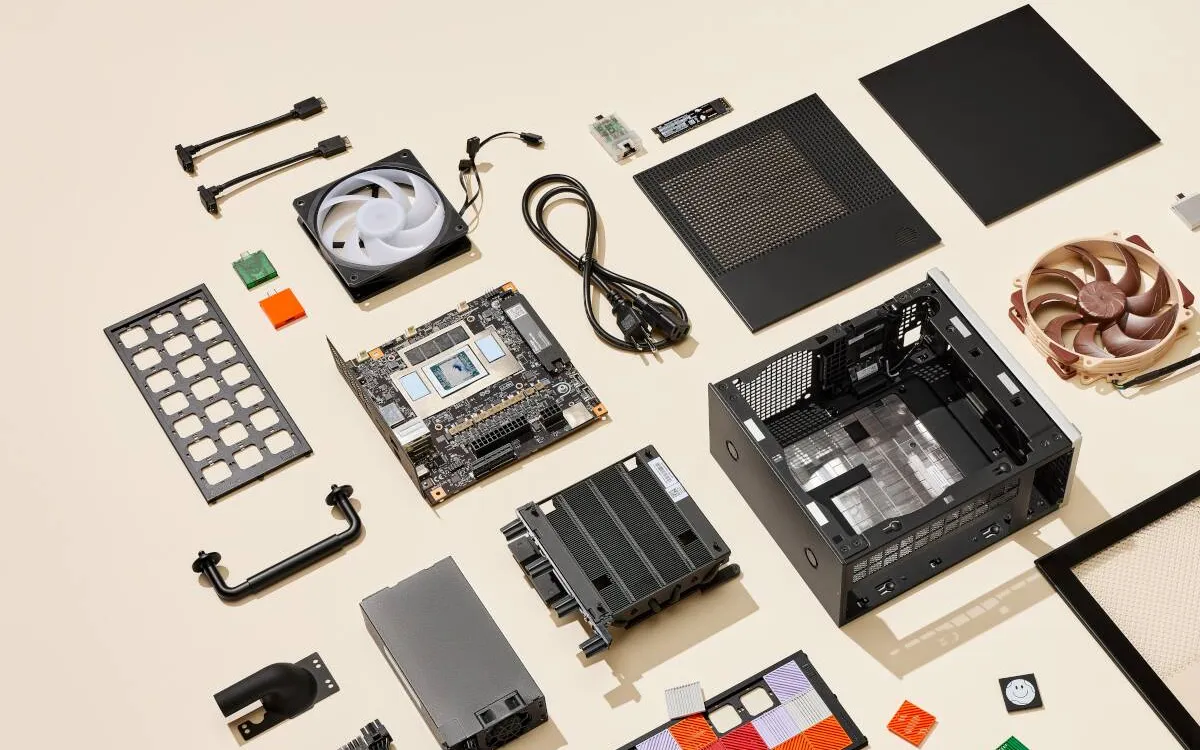
Framework, the innovative maker of modular laptops, has announced a temporary pause on sales of certain models in the United States. This decision comes in response to the recently implemented reciprocal tariffs that took effect on April 5, 2023. The company cited financial concerns, indicating that the new tariffs would force them to sell specific models at a loss due to increased costs associated with importing components.
In a statement shared via X (formerly known as Twitter), Framework specified that they would be halting sales of some Framework Laptop 13 systems, particularly the Ultra 5 125H and Ryzen 5 7640U versions. These models have been temporarily removed from the company's U.S. website. “We priced our laptops when tariffs on imports from Taiwan were 0 percent. At a 10 percent tariff, we would have to sell the lowest-end SKUs at a loss,” the company explained.
Despite the challenges posed by these new tariffs, Framework recently introduced an exciting lineup of products. At the end of February, they unveiled an updated version of the Framework Laptop 13, along with a mini desktop PC and a highly anticipated 12.2-inch touchscreen convertible, known as the Framework Laptop 12. This new convertible is designed to cater to a wider audience and is set to be available for pre-order starting April 9, 2023, at 8 AM Pacific Time. The full details regarding specifications, pricing, and delivery timelines are expected to be shared at that time.
In addition to Framework's struggles, another small business, Keyboardio, is also sounding the alarm over impending tariff increases. The U.S.-based keyboard manufacturer specializes in unique, split keyboards that offer an alternative to the standard QWERTY layout. They have warned customers to make purchases before May 1, 2023, when they will face a staggering 54 percent import tax on products shipped from China.
This substantial increase in costs is a direct result of the termination of the de minimis rule, which previously exempted packages valued under $800 from tariff duties. With the new regulations in place, U.S. customers can expect to pay an additional $188 in tariffs on a Model 100 keyboard, and over $80 for an Atreus model, plus customs clearance fees. Keyboardio has expressed concerns that if further tariffs on Chinese imports are enacted, these costs could rise even more.
Keyboardio, in an open letter to its customers, emphasized its position as a small company that produces niche products. The firm relies heavily on contract manufacturing, paying various factories to create products to their specifications, as they lack the volume and capital to establish their own manufacturing facilities. Most of their electrical components are sourced from China, with alternatives considered from Japan, Taiwan, or Germany. They highlighted the difficulty of finding components made in the USA, adding that American-made keyboards can reach prices as high as $3,600.
As Framework and Keyboardio navigate the complex landscape of import tariffs and rising costs, they serve as examples of how small businesses are being affected by recent trade policies. Both companies are committed to keeping their customers informed and are adapting to the challenges presented by the evolving tariff landscape.
Stay tuned for updates from Framework and Keyboardio as they respond to these ongoing changes and work to mitigate the impact on their products and customers.